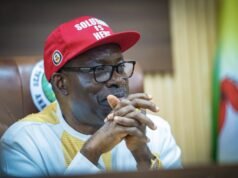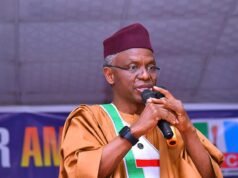At the United Nations in Geneva, a powerful wave of support is building behind a new international treaty—an optional protocol to the Convention on the Rights of the Child—that seeks to fill a glaring void in the legal landscape of children’s rights. While the Convention obliges states to provide free and compulsory primary education, it falls short: there’s no guarantee for free secondary education, nor any mention of early childhood education. According to Human Rights Watch, the proposed treaty aims to change that by explicitly recognising the right to free pre-primary through secondary schooling.
Earlier this week, 92 countries took part in high-level talks in Geneva—an unmistakable sign that this idea is gaining serious momentum. steered by Sierra Leone, Luxembourg, and the Dominican Republic, this coalition is determined to ensure that every child gets schooling at every stage, from cradle to graduation. Five additional countries publicly pledged their support, raising the total to 58 supportive nations. Sierra Leone, a country that already offers 13 years of free education, chaired the meeting and announced an intensive consultation process aimed at crafting the foundation for the treaty. They plan to reconvene in 2026 to push negotiations forward.
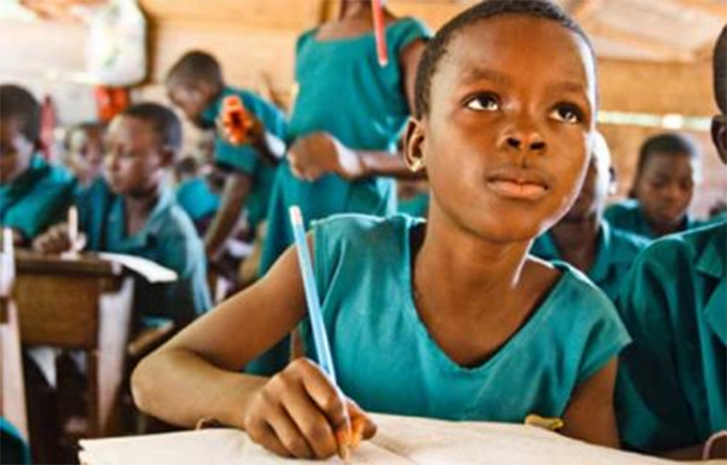
Table of Contents
Countries Leading by Example: Education in Action
Several nations used the platform in Geneva to share bold reforms already in place:
- Spain and France now offer three years of free preschool education, underscoring the power of early childhood learning to transform children’s lives.
- Ghana reported a significant jump in student enrolment following its expansion of free secondary education in 2017—especially among children from low-income families.
- Zambia rolled out free secondary schooling in 2022, another strong model of progress.
- Ecuador highlighted its constitutional guarantee of free public education, extending even to university level.
These real-world efforts offer valuable lessons and proof that such policies aren’t wishful—they can and do deliver results.
Children at the Centre: Voices That Matter
What truly sets this initiative apart is how much children themselves are involved. Child delegates from Croatia, Indonesia, Liberia, Mexico, and the United Kingdom took to the floor, voice firmly in hand, speaking passionately about how fees force families to make painful choices—and dreams to go unfulfilled.
Sixteen-year-old Karen from Mexico summed it up poignantly:
“This protocol would help millions of children stay in school and would be key to reducing inequalities.”
Their voices added a human, urgent note to the diplomatic discussions—reminding everyone that behind every number is a child whose future could change for the better.
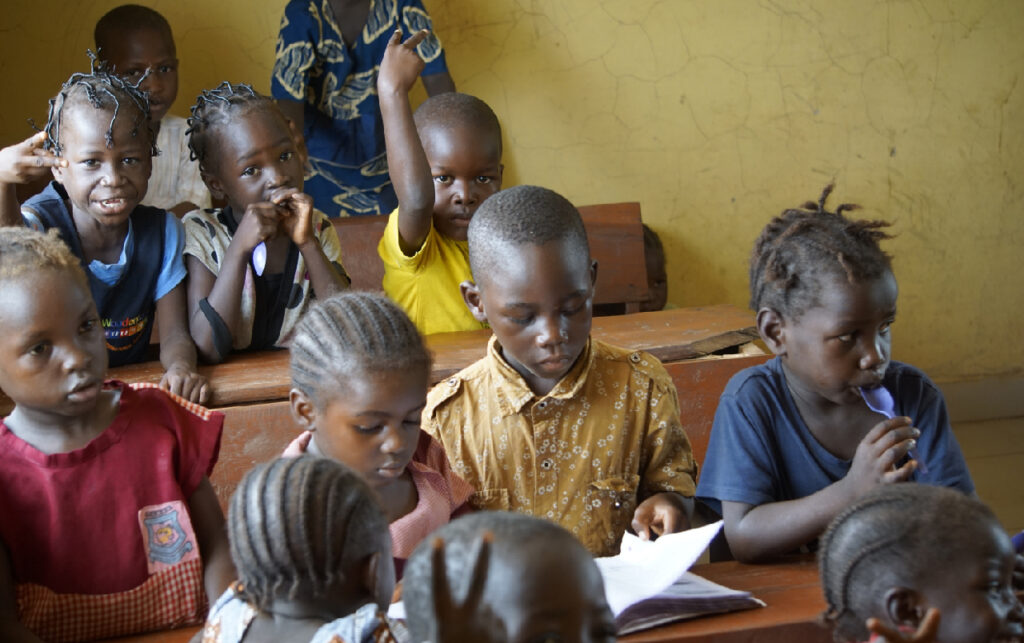
Why Now? The Legal Gaps and Growing Global Consensus
For decades, the gap between what international law guarantees and what countries sometimes deliver has been glaring. While primary education is free and compulsory under the Convention, secondary schooling is only supposed to be “available and accessible,” with no obligation to be free—and early childhood education is left out entirely.
However, the world is changing—and so are expectations. The Sustainable Development Goals (SDGs) call for all children to access high-quality, pre-primary education and complete secondary school free of charge.
Many countries are already ahead of the curve:
- 107+ countries have legal provisions for at least one year of free pre-primary education.
- 117+ countries guarantee 11 or more years of free education, covering primary and secondary levels.
In July 2024, the UN Human Rights Council took a historic step, passing a resolution (by consensus) that set up an open-ended intergovernmental working group. This group is tasked with drafting the optional protocol to explicitly recognise early childhood education and mandate free secondary education. Importantly, for the first time in this process, children are to be meaningfully involved in developing the protocol. The resolution was championed by Luxembourg, the Dominican Republic, and Sierra Leone, and backed by 49 co-sponsoring countries.
Further, a broad base of support is building: from 70 leading scholars across 30 countries, to 22 global NGOs, and even iconic advocates like Malala Yousafzai and Vanessa Nakate who led a campaign signed by over half a million people. UNESCO and UNICEF also released a joint report urging that early childhood education be elevated to binding legal recognition.
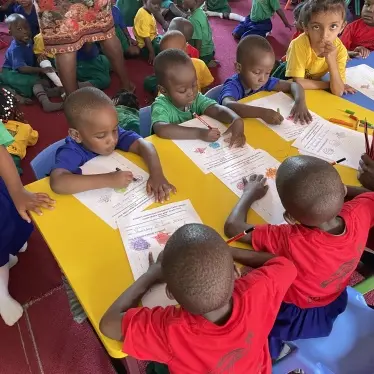
A Turning Point for Children Everywhere
This gathering in Geneva marks a pivotal juncture—not only in the creation of stronger international law but also in affirming that every child, regardless of geography or circumstance, deserves a complete, free education from the earliest years through secondary school. With countries already delivering real progress, children actively shaping the discussion, and growing legal and civil society backing, the momentum grows for a new treaty on the right to education—one that could define the future for millions.
As Sierra Leone, Luxembourg, the Dominican Republic, civil society and children themselves continue to lead, the world watches and hopes that come 2026, the vision of universal, free, rights-based education becomes reality.
Join Our Social Media Channels:
WhatsApp: NaijaEyes
Facebook: NaijaEyes
Twitter: NaijaEyes
Instagram: NaijaEyes
TikTok: NaijaEyes
READ THE LATEST EDUCATION NEWS



